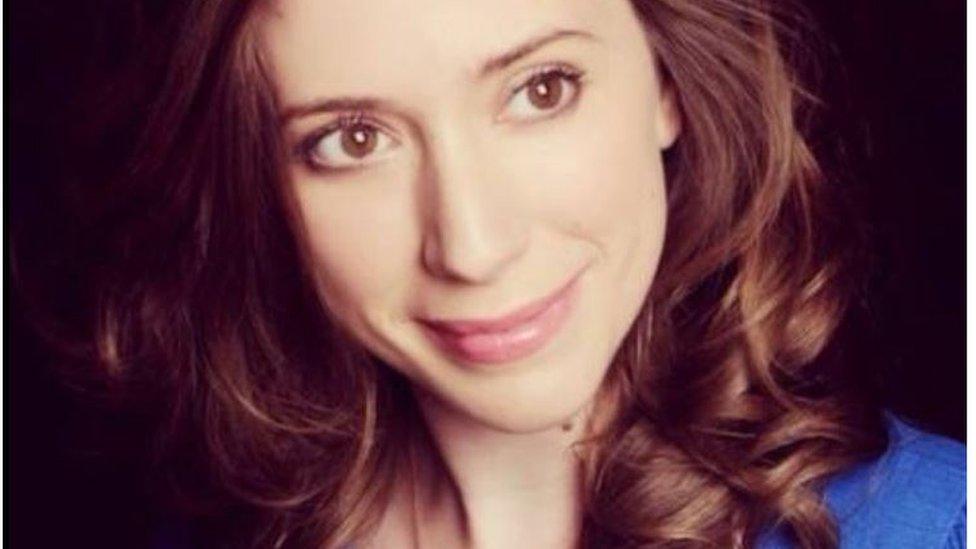When women experts are not taken seriously
- Published
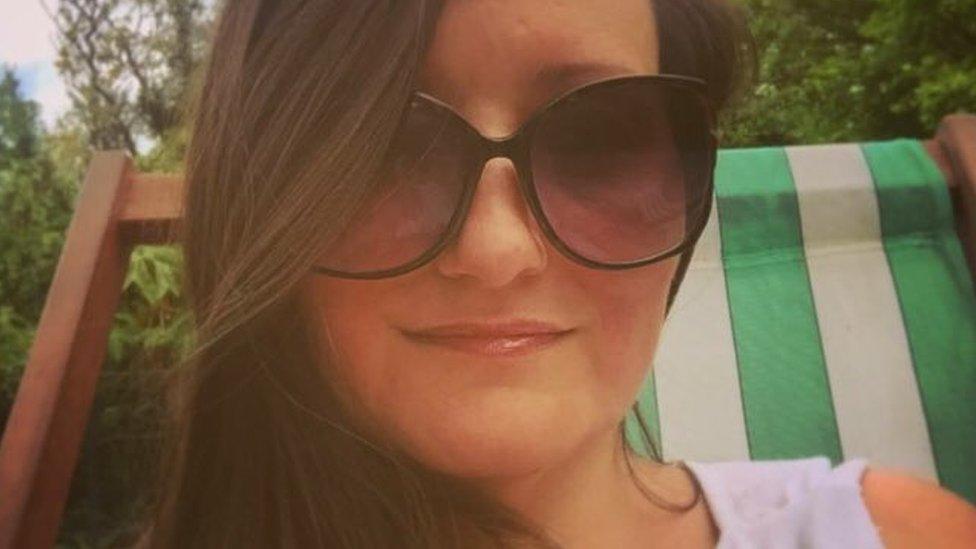
Lady Love, founder of Female DJs London, says the working life of a woman DJ is worse now than 20 years ago
Women of all professions have been replying to a Twitter thread with their experiences of pushing to have their expertise accepted.
Historian Louise Raw, who contributes to BBC Radio London, began the thread highlighting the annoyances faced by women like her with PhDs.
Stories have ranged from women fighting for their job title, to plaudits being mistakenly given to men.
Women, from academia and DJing, told the BBC about dealing with such sexism.
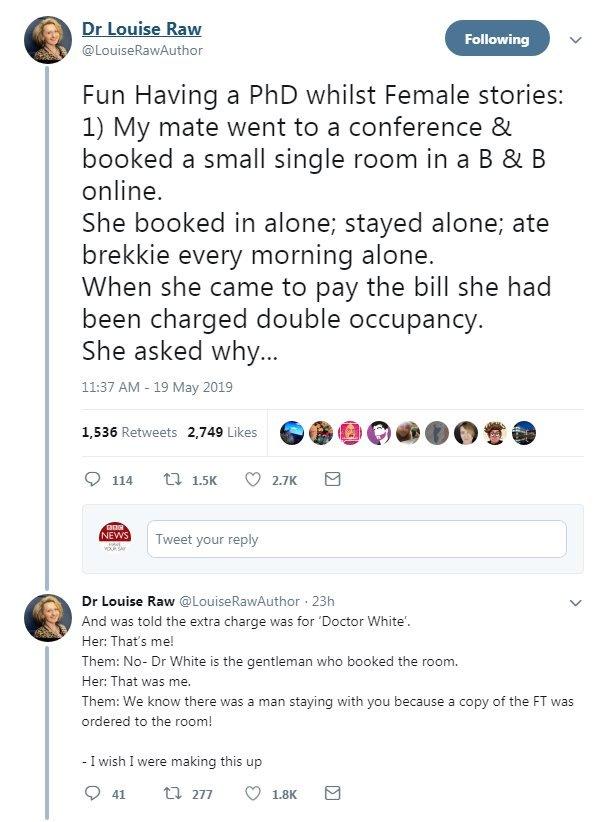
Louise Raw's thread on Sunday began the current discussion
One of the many women with doctorates to respond with their experiences was Dr Penny Pullan.
At her first ever conference, Dr Pullan was casually overlooked by people who assumed her husband, a mathematician, would be there to discuss the topic of superconductivity.
Dr Pullan's dissertation was on Flux Pinning in Yttrium Barium Copper Oxide Superconducting Thin Films.
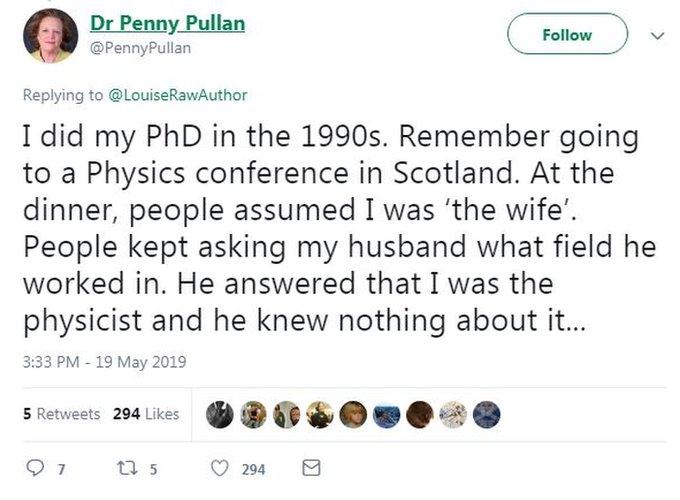
"I was a PhD student at Cambridge in the Cavendish lab at the time," said Dr Pullan.
When people found out she was the physicist, "they sort of muttered, 'Oh!' and then quickly found someone else to talk to".
"This happened multiple times. I ended up chatting to my husband all evening."
Dr Pullan left academia after her PhD and went into industry.
"Things were much more collaborative! Don't get it wrong, I loved Cambridge and my supervisors and colleagues were fantastic.
"It was those who didn't know me at the conference who automatically assumed I was a wife. That was annoying and made it harder."
Allow X content?
This article contains content provided by X. We ask for your permission before anything is loaded, as they may be using cookies and other technologies. You may want to read X’s cookie policy, external and privacy policy, external before accepting. To view this content choose ‘accept and continue’.
Dr Pullan is currently a keynote speaker at a conference for project managers and credits her research presentations at Cambridge, in front of two Nobel Prize winners, as preparing her for the job she does now.
"Give me a few hundred project managers like today and I have no nerves at all and just enjoy it!"
Allow X content?
This article contains content provided by X. We ask for your permission before anything is loaded, as they may be using cookies and other technologies. You may want to read X’s cookie policy, external and privacy policy, external before accepting. To view this content choose ‘accept and continue’.
Allow X content?
This article contains content provided by X. We ask for your permission before anything is loaded, as they may be using cookies and other technologies. You may want to read X’s cookie policy, external and privacy policy, external before accepting. To view this content choose ‘accept and continue’.
'This impacts our lives'
Lady Love, founder of Female DJs London, also replied to the thread to highlight that women DJs can face a similar, and similarly aggravating, confusion.
Although it is often the crowd asking if they should be at the turntables, managers too can be surprised. "Some of our DJs have turned up to play and been asked where the DJ is," she said.
Allow X content?
This article contains content provided by X. We ask for your permission before anything is loaded, as they may be using cookies and other technologies. You may want to read X’s cookie policy, external and privacy policy, external before accepting. To view this content choose ‘accept and continue’.

Lady Love says things are worse now than 20 years ago, "whilst we are told they are better".
"The 1990s were a much freer time, there was no abuse. If you look at the DJ top 100 in the 1990s there were more women than today. As the DJ industry got bigger it got more white, more hetero, more male.
"You have to fight for your space, but are never accepted.
"I founded Female DJs London a decade back. We united, put on the biggest showcase of female DJs in history. The industry ignored it."
Allow Facebook content?
This article contains content provided by Facebook. We ask for your permission before anything is loaded, as they may be using cookies and other technologies. You may want to read Meta’s Facebook cookie policy, external and privacy policy, external before accepting. To view this content choose ‘accept and continue’.
Festivals, too, are giving women worse slots and less pay, she says.
"It's done on profile. All the highest-paid DJs are male. Women get no opportunities, all the guys book each other.
"It really is quite sickening for an industry supposedly about love and equality.
"You look at line-ups. There are no women. This impacts our lives."
- Published7 July 2017
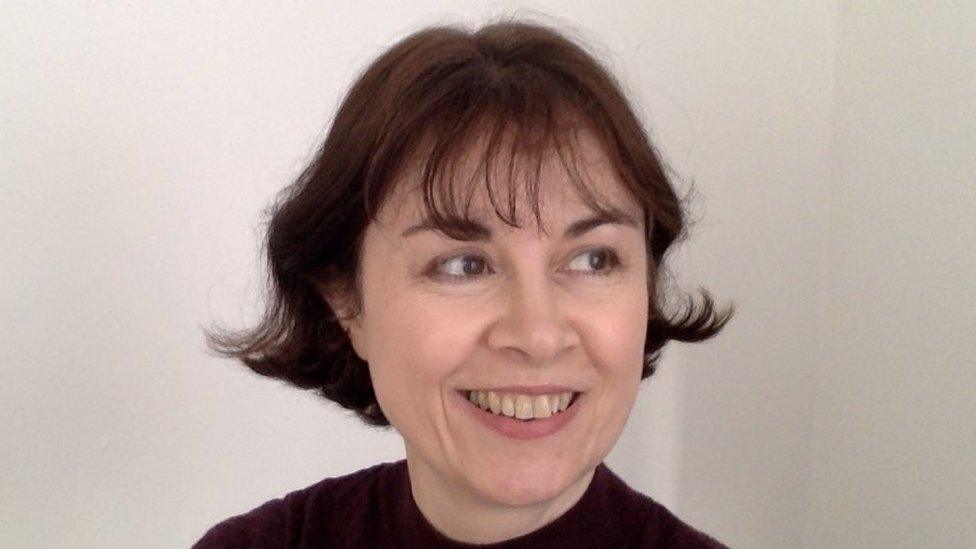
- Published15 June 2018
